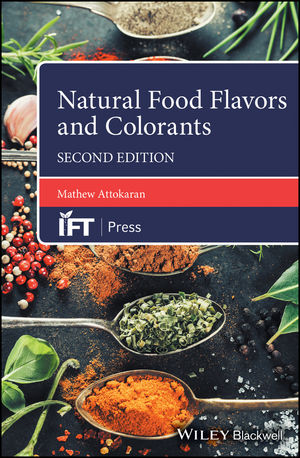GNT Group study shows consumer concern about artificial additives
More than 60 percent of consumers avoid preservatives, artificial colorants, and sweeteners.

Thanks to negative headlines that have plagued the food industry in recent years, consumers have become more critical of what they're putting on their plates, and many are concerned about additives.
The GNT Group, a leading provider of fruit and vegetable juice for color, commissioned a consumer study conducted by market research institute TNS. The study found that more than 60 percent of consumers worldwide avoid preservatives, artificial colorants and sweeteners when choosing food and drinks.
The two-step research study asked 5,000 participants around the world about their nutritional and purchasing behavior. The results showed that people are leaning more and more toward purchasing food perceived as natural.
“The survey clearly shows that consumers worldwide explicitly examine the ingredients of food and beverages and factor them into their purchase decision,” says Dr. Hendrik Hoeck, managing director, GNT Group. “Food manufacturers should take this into account when developing products.”
When shopping for food, consumers want fewer additives. And low fat content was important for 53 percent of respondents, while 51 percent wanted products with low sugar.
Organic and fair trade products are also gaining popularity. Products with organic qualities mattered to 46 percent of respondents, while 38 percent look for fair trade.
In the survey, four categories of food received special attention: yogurt, ice cream, soft drinks, and sweets.
Of the four, yogurt was perceived as the most natural. It's held to higher standards in terms of additives. Two thirds of respondents refused to have additives in their yogurt, preferring only natural ingredients.
Sweets and soft drinks, on the other hand, are two categories that consumers assume use artificial ingredients. More than 50 percent of respondents think sweets and soft drinks usually contain synthetic additives, and they don't approve.
Fortunately, those assumptions don't mean consumers disapprove of confections themselves. More than 1/3 say they would buy sweets if they were made with only natural ingredients.
“Natural ingredients can offer true advantages in product categories that are generally perceived as more artificial: they help manufacturers to stand out and create an additional incentive for today’s increasingly nutrition-conscious consumers,” says Hoeck.
Looking for a reprint of this article?
From high-res PDFs to custom plaques, order your copy today!









